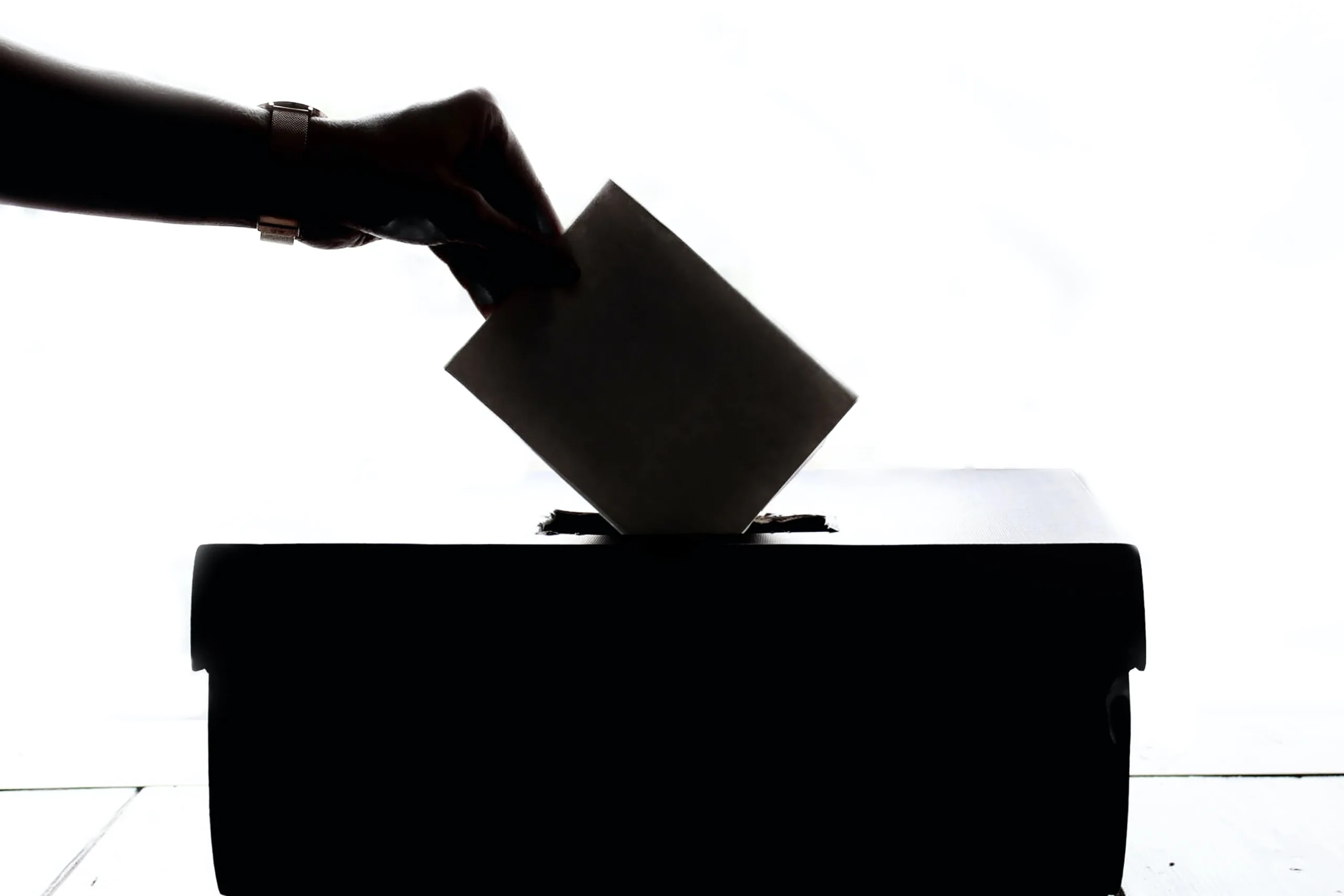In Baton Rouge, Louisiana, Republican Attorney General Jeff Landry won the Louisiana gubernatorial race with the help of former President Donald Trump Landry’s victory was a milestone for the GOP, as they regain control of the governor’s mansion in years after eight interruptions. He replaces incumbent John Bel Edwards, a Democrat who couldn’t seek re-election due to term limits, making Edwards the only Democratic governor in the Deep South.
With more than half of the vote, Landry managed to lose the expected election, a remarkable feat under Louisiana’s “jungle primary” system. The last time the state did not see a gubernatorial runoff was in 2011 and 2007 when Republican Bobby Jindal took the state’s top office.
Landry, 52, celebrated the historic victory with supporters in Broussard, Louisiana. He has served as attorney general since 2016, raising the profile of his office and strongly supporting conservative policies. Notably, he has presided over several controversial Louisiana bills, including gender-affirming treatment for transgender teens, a near-total ban on abortion except rape and incest, and the prohibition of “sexually explicit material”. is the law and are in ” libraries, drawing criticism that LGBTQ+ books can be targeted.”
Throughout his tenure, Landry often clashed with Governor Edwards on issues as diverse as LGBTQ rights, state finances and the death penalty.
He also got national attention for taking stands on issues like as President Joe Biden’s oil and gas development policies and the COVID-19 vaccine mandate.
Prior to his term as attorney general, Landry spent two years on Capitol Hill representing the Louisiana U.S. House of Representatives. Representing the 3rd Congressional District, held various offices which included service in the Louisiana Army National Guard, local police officer, deputy sheriff -And included work as a judge
Landry was an early front-runner in the gubernatorial campaign, drawing endorsements from prominent Republicans including Trump and the U.S. House of Representatives. Rep. Steve Scalise is included, as well as an early controversial endorsement from the state GOP
He also maintained a significant fundraising gain throughout the race.
Given Louisiana’s high murder rate per capita, Landry has advocated for greater transparency in the justice system and continued support for the death penalty, emphasizing crime reduction as one of his top priorities as one of the governors
Throughout the campaign, Landry faced criticism and attacks from political opponents on social media and in interviews, with opponents accusing him of bullying and accusing him of backroom dealings.
Other gubernatorial candidates on the ballot include GOP state Sen. Sharon Hewitt, Hunter Lundy, an independent attorney from Lake Charles, Republican state Treasurer John Schroeder, Stephen Waguespack, a Republican who previously headed a powerful task force and served as a top aide until then -Gov to , who was the only major Democratic candidate
Second-placed Sean Wilson congratulated Landry and stressed the importance of keeping Medicaid expansion going, increasing teacher pay and improving the education of Louisiana’s children
Five other statewide contests and four ballot initiatives were introduced in the election, with some races scheduled to be decided in a runoff in November.
One closely watched race is for attorney general with the highest legal power in the state executive. Liz Baker Murrill, a Republican who currently serves in the attorney general’s office, and Lindsay Cheek, a Democrat and trial lawyer, advanced to the November runoff election
Republican John Fleming and Democrat Dustin Granger will advance to the runoff race for state treasurer.
In the race for secretary of state, first Assistant Secretary of State Nancy Landry, a Republican, and Gwen Collins-Greenup, a Democrat, will compete in the runoff election The winner will be offered a job if she changes Louisiana machines expired ballots are used to ensure the integrity of the election . . . . . . . .
The election also saw several local races, including all 39 Senate seats and 105 House seats, with many incumbents elected unopposed.
